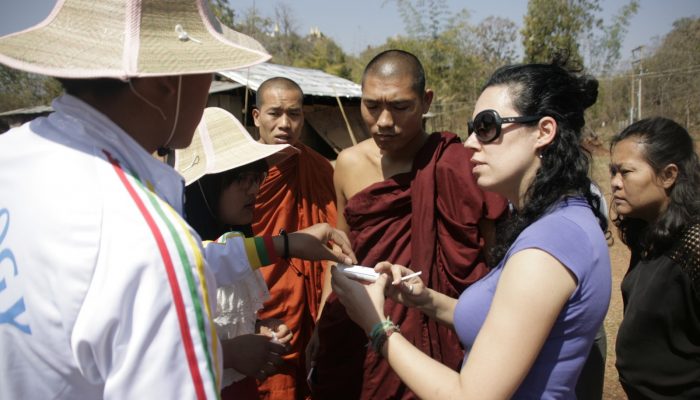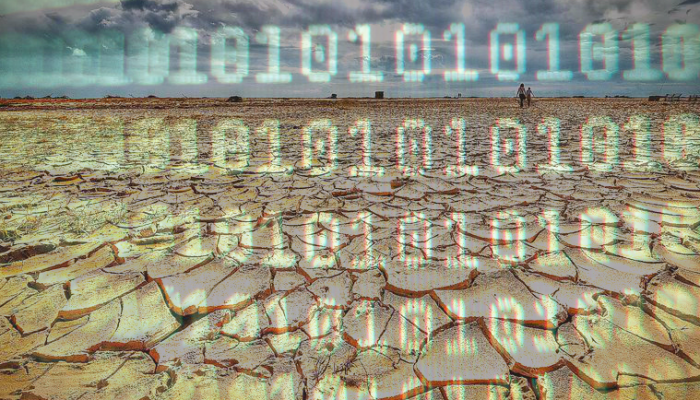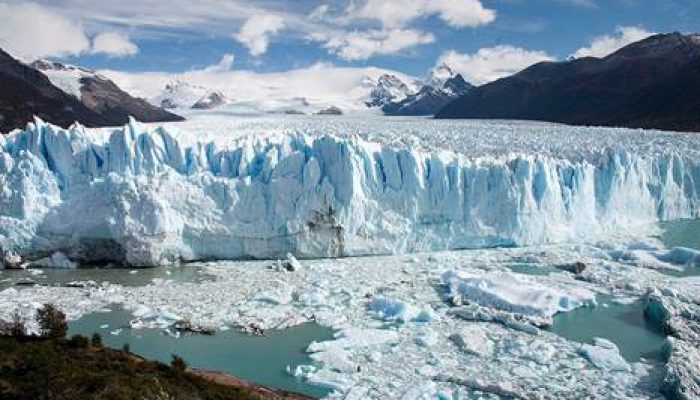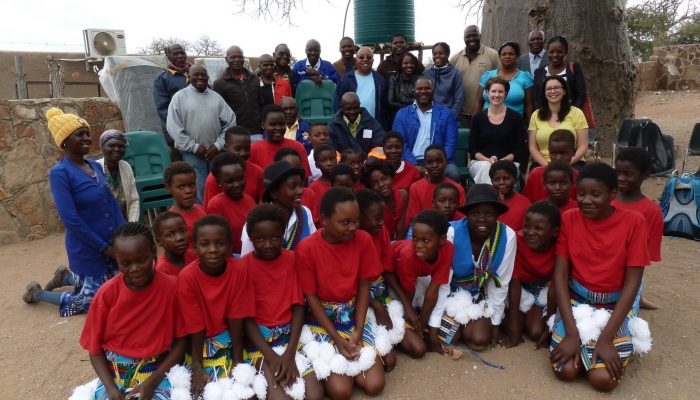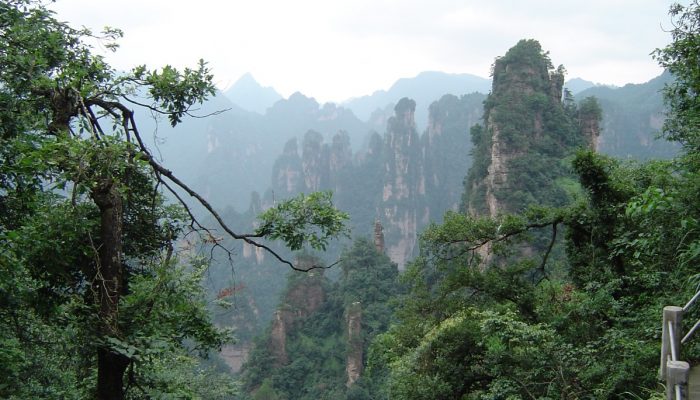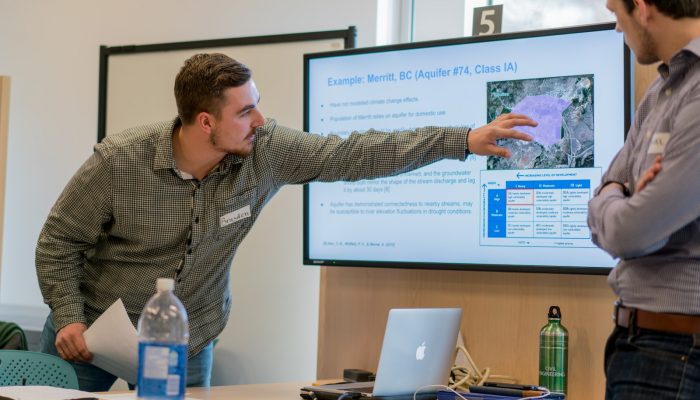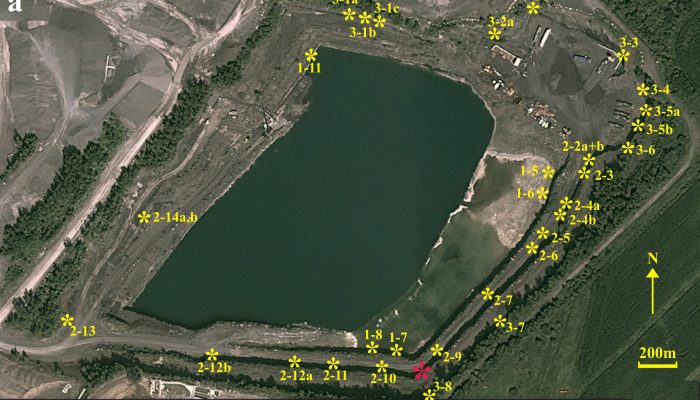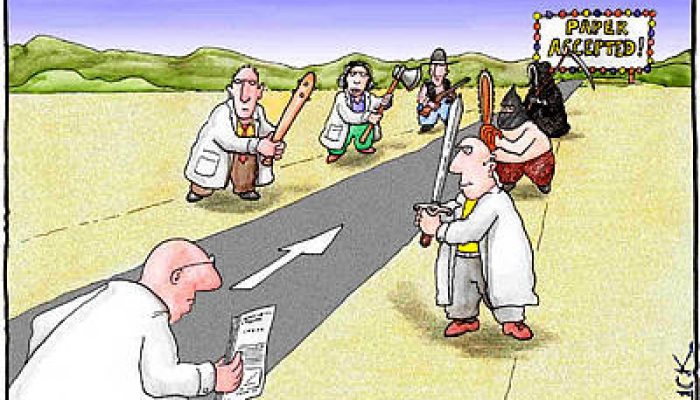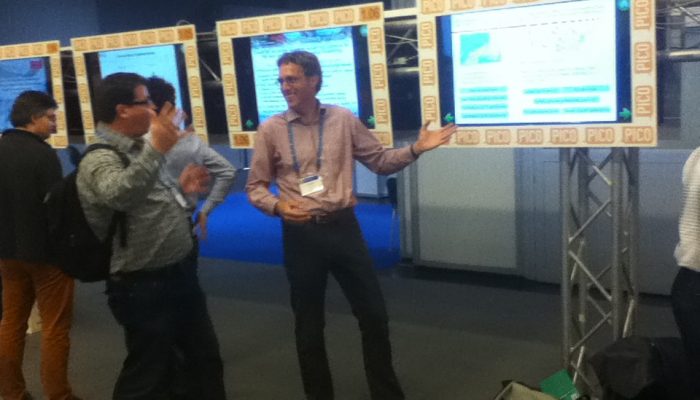By Sam Zipper Groundwater is often invisible because it’s hidden below the ground. However, for those who know what to look for, you can see evidence for groundwater everywhere you look! A couple of years ago, I wrote about the great American groundwater road trip across the Ogallala Aquifer where we could see groundwater in the form of irrigation, streamflow, and town names. In honor of the Unite ...[Read More]
Groundwater and Education – Part two
Post by Viviana Re, postdoctoral researcher at the University of Pavia (Università di Pavia), in Italy. You can follow Viviana on Twitter at @biralnas. Part two of a two-part series on groundwater and education by Viviana. __________________________________________________ In my last post (“Drawing out groundwater (from the well)”) I wrote about the reasons why, as groundwater scientists, we shoul ...[Read More]
Data drought or data flood?
Post by Anne Van Loon, Lecturer in Physical Geography (Water sciences) at the University of Birmingham, in the United Kingdom. __________________________________________________ The basis for (almost) all scientific work, at least in the earth and environmental sciences, is DATA. We all need data to search for the answers to our questions. There are a number of options to get hold of data; we can ...[Read More]
A cool new collectible: Water
Post by Matt Herod, Waste and Decommissioning Project Officer for the Canadian Nuclear Safety Commission, and Adjunct Professor in Earth and Environmental Science at the University of Ottawa, in Ottawa, Canada. _______________________________________________ I have always been a mineral and fossil collector. It was a hobby that stuck and blossomed into a career. I still collect minerals and fossil ...[Read More]
Everything is connected
Post by Anne Van Loon, Lecturer in Physical Geography (Water sciences) at the University of Birmingham, in the United Kingdom. __________________________________________________ In recent years the human dimension of hydrology has become increasingly important. Major flood and drought events have shown how strongly water and society are intertwined (see here and here). The hydro(geo)logical resear ...[Read More]
Of Karst! – short episodes about karst
Episode 2: Dissolving rock? (or, how karst evolves). Post by Andreas Hartmann, Lecturer in Hydrology at the University of Freiburg (Universität Freiburg), in Germany. You can follow Andreas on twitter at @sub_heterogenty. Didn’t get to read Episode 1? Click this link here to do so! ___________________________________________________________ In the previous episode, I introduced karst by show ...[Read More]
Research mini-conference in fourth year groundwater class
Fourth year and graduate students led a fun mini-conference during class in Groundwater Hydrology (CIVE 445, Civil Engineering at University of Victoria) yesterday. Local consulting and government hydrogeologists joined, making the students both nervous and excited to be presenting to professionals with up to forty years of groundwater experience. The presentations were the culmination of a term-l ...[Read More]
Can we use an infrared camera to tell us how much groundwater is coming out of the side of a cliff?
By Erin Mundy – a plain language summary of part of her Masters thesis Groundwater is an important resource, with approximately 2 billion people around the world using groundwater everyday. Although most groundwater is beneath our feet, sometimes groundwater leaks out of stream-banks, hill sides and cliff faces – this is called groundwater seepage. Current scientific methods are not ab ...[Read More]
How to peer review: skill-building in a grad classes
I teach how to peer-review in graduate class because I think it is a core skill for any professional. I first demystify peer-reviewing and academic journals, and answer questions that all students have about these topics that they have heard about but rarely learn about using this: I describe my personal experience as a manuscript submitter, reviewer and associate editor. And then I outline the s ...[Read More]
Two great science communication tools for conferences and teaching: smart screens and cell phones
A few weeks ago at the European Geosciences Union in Vienna I learned about two dead-easy and great science communication tools for conferences. These are great for any conference hall or meeting, but could be just as easily be used in the classroom to make a more exciting in class research presentations. For better or worse, most of us are carrying them (or looking at them!) right now: a smart s ...[Read More]

